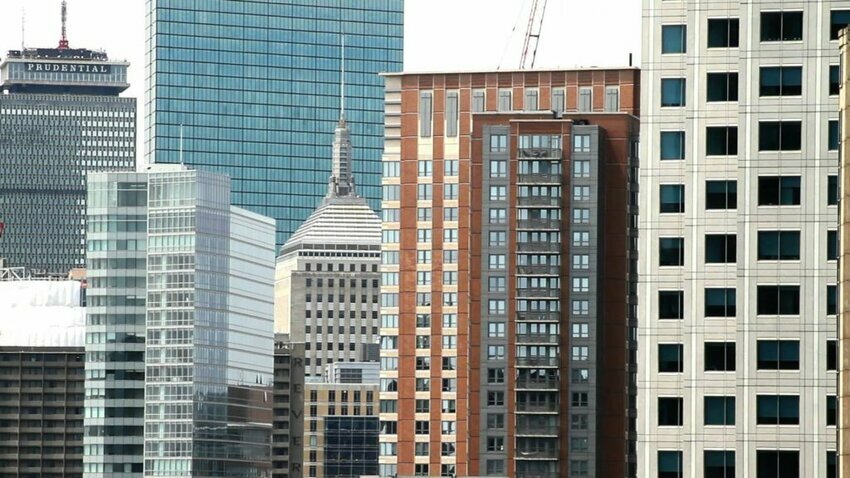
Boston Mayor Michelle Wu signed an executive order banning fossil fuels in new municipal buildings and renovations.
According to the mayor’s office, the order puts the city on a clear path to decarbonizing its building portfolio. Boston’s municipal emissions constitute 2.3% of the city’ entire carbon emissions, with more than 70% of the city's emissions from buildings.
The city owns more than 16 million square feet of property, and Boston will also “contribute to the creation of new jobs in the building trades as well as building design and maintenance, expanding local opportunities to strengthen workforce development programs, apprenticeships and other training pipelines for Boston residents to gain access to high-quality employment in the building sector.”
The move was expected after Wu noted her intention to draft such an order during her 2023 State of the City Address. The order takes effect immediately, though projects currently in procurement, design, or construction are exempt. The action, which was signed in the presence of Green New Deal Director Oliver Sellers-Garcia, the Operations Cabinet and local climate, and labor advocates, as well as Chicago Mayor Brandon Johnson, aims to reduce emissions in Boston’s building sector, create jobs and improve public health and quality of life.
“Week after week, we see the signs of extreme heat, storms, and flooding that remind us of a closing window to take climate action,” Wu said in a statement. “The benefits of embracing fossil fuel-free infrastructure in our City hold no boundary across industries and communities, and Boston will continue using every possible tool to build the green, clean, healthy, and prosperous future our city deserves.”
All new buildings will be planned, designed, and constructed so the HVAC, hot water, and cooking systems will not combust or directly connect to fossil fuels for all municipal buildings. In addition, the order impacts buildings where structural work is planned in 75% or more of the building’s square footage.
“Any project that replaces a building’s heating, ventilation, air conditioning or hot water system, or cooking equipment must eliminate fossil fuel combustion in the affected system,” the mayor’s office said.
The program is supported by PowerCorpsBOS, which supports workforce development efforts by training Boston residents for jobs that reduce greenhouse gas emissions in large buildings by learning skills to maintain building operations at peak efficiency. In its third cohort, the workforce development program is a partnership led by the Worker Empowerment Cabinet and the Environment Department, with the Department of Youth Employment and Opportunity, and Boston Centers for Youth and Families.
The city expects the order will save money, create immediate health benefits and create cost savings that can be reimplemented in local municipal services.
To implement the order, the Operations Cabinet will launch a facilities condition assessment that will identify decarbonization projects, and the fiscal year 2024-2029 Capital Plan will include $132.5 million for building design projects that will advance decarbonization.